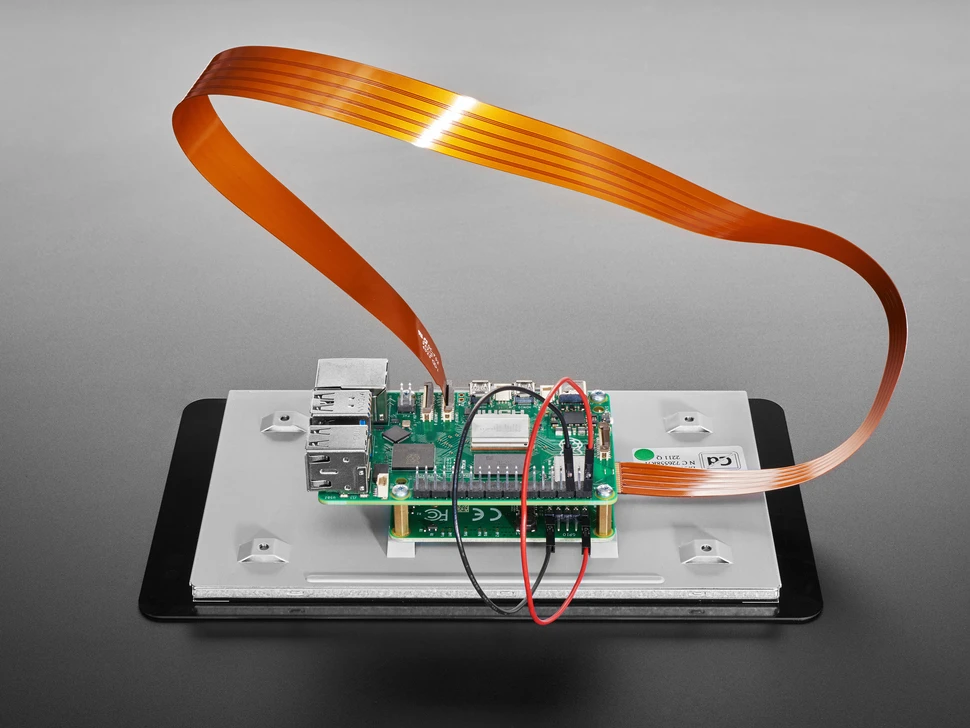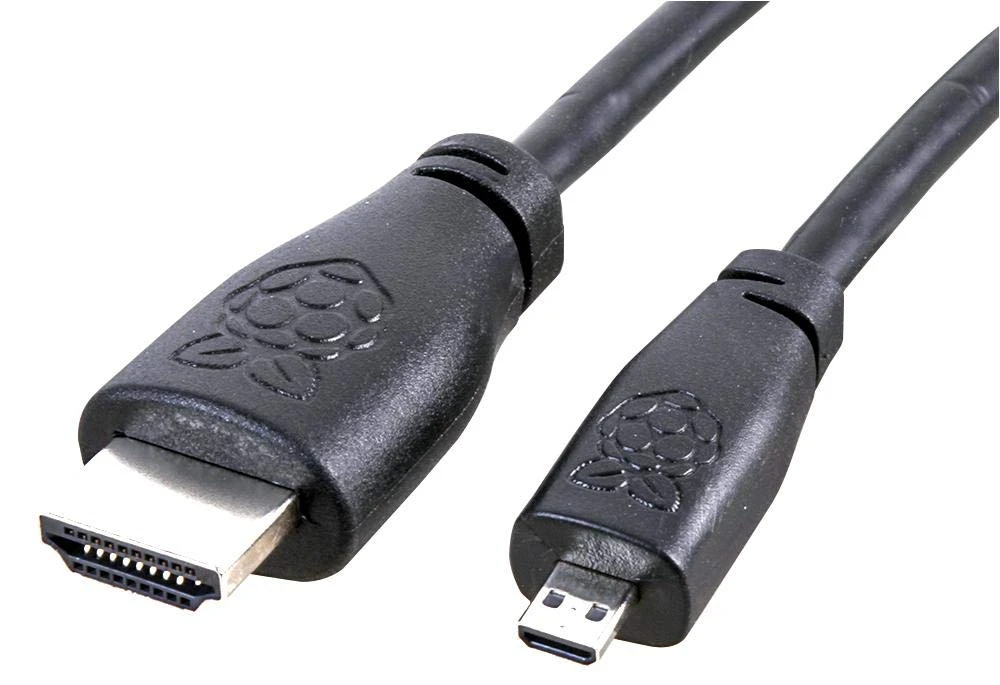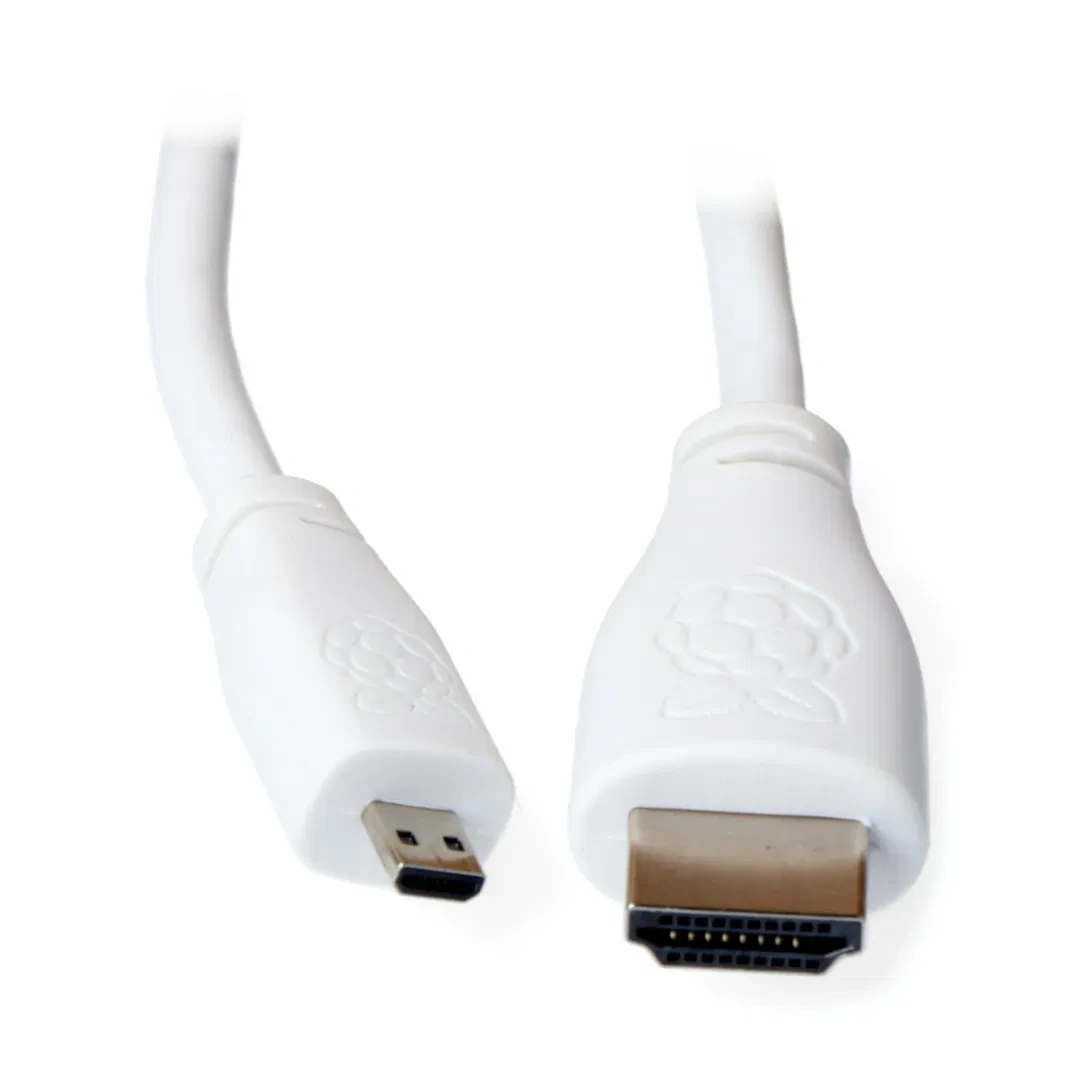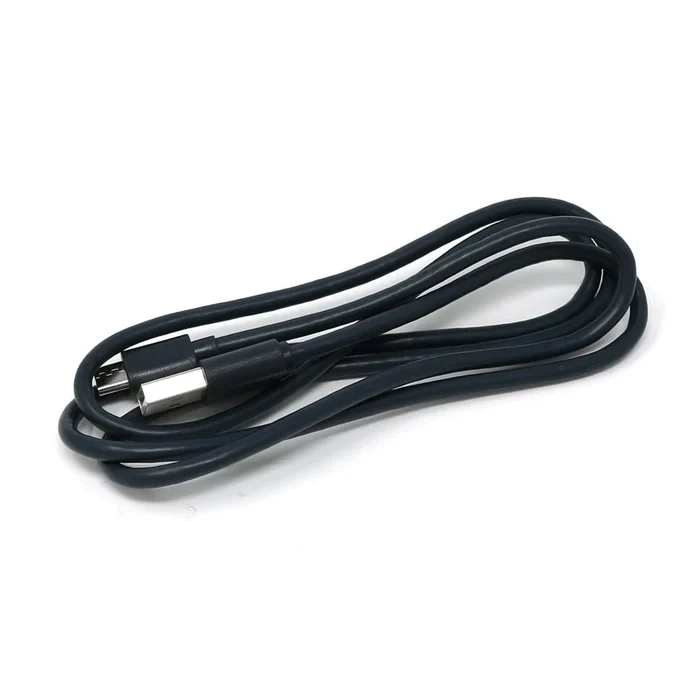
Solenoids are basically
electromagnets: they are made of a big coil of copper wire with an armature (a
slug of metal) in the middle. When the coil is energized, the slug is pulled
into the center of the coil. This makes the solenoid able to pull from one
end.
This solenoid in particular is nice
and strong, and has a slug with a slanted cut and a good mounting bracket. It's
basically an electronic lock, designed for a basic cabinet or safe or door.
Normally the lock is active so you can't open the door because the solenoid
slug is in the way. It does not use any power in this state. When 9-12VDC is
applied, the slug pulls in so it doesn't stick out anymore and the door can be
opened.
The solenoids come with the slanted
slug as shown above, but you can open it with the two Phillips-head screws and
turn it around so its rotated 90, 180 or 270 degrees so that it matches the
door you want to use it with.
To drive a solenoid you will a power
transistor and a diode, check this
diagram for how to wire it to an Arduino or other microcontroller.
You will need a fairly good power supply to drive a solenoid, as a lot of
current will rush into the solenoid to charge up the electro-magnet, about
500mA, so don't try to power it with a 9V battery!
Specifications:
No review given yet!
 Fast Delivery all across the country
Fast Delivery all across the country
 Safe Payment
Safe Payment
 7 Days Return Policy
7 Days Return Policy
 100% Authentic Products
100% Authentic Products




